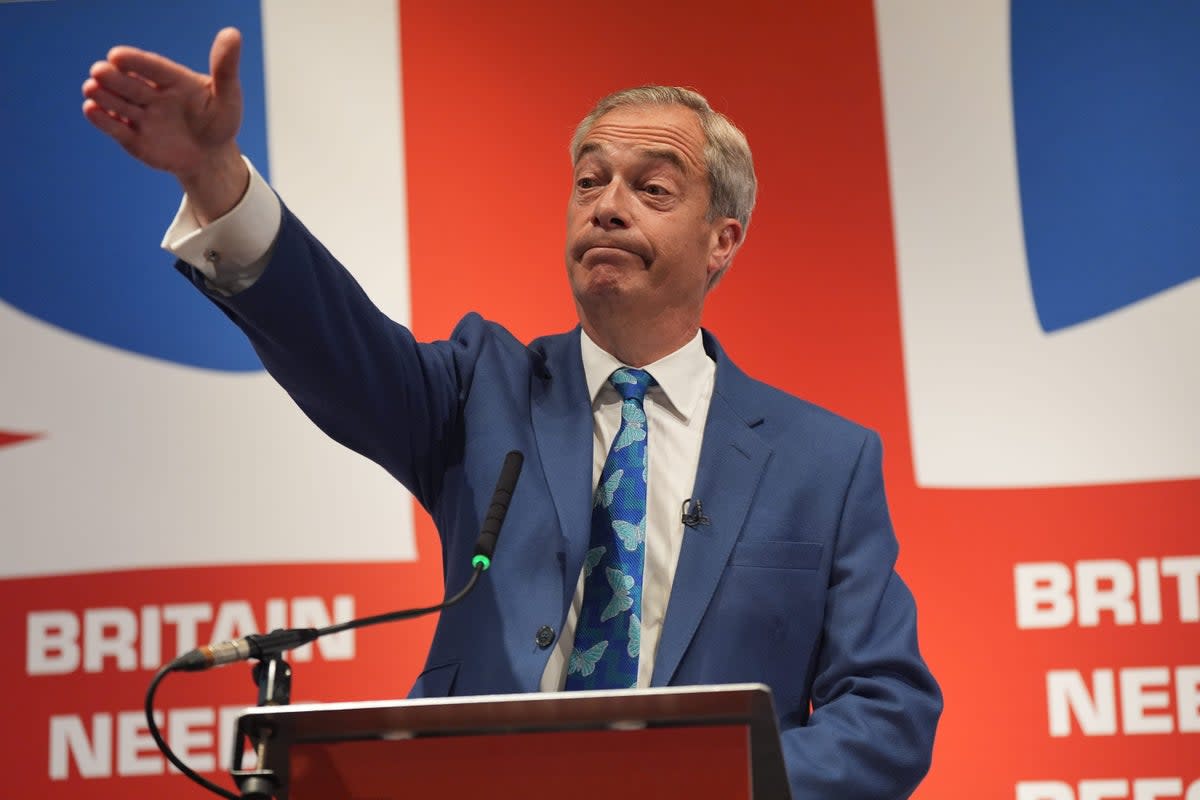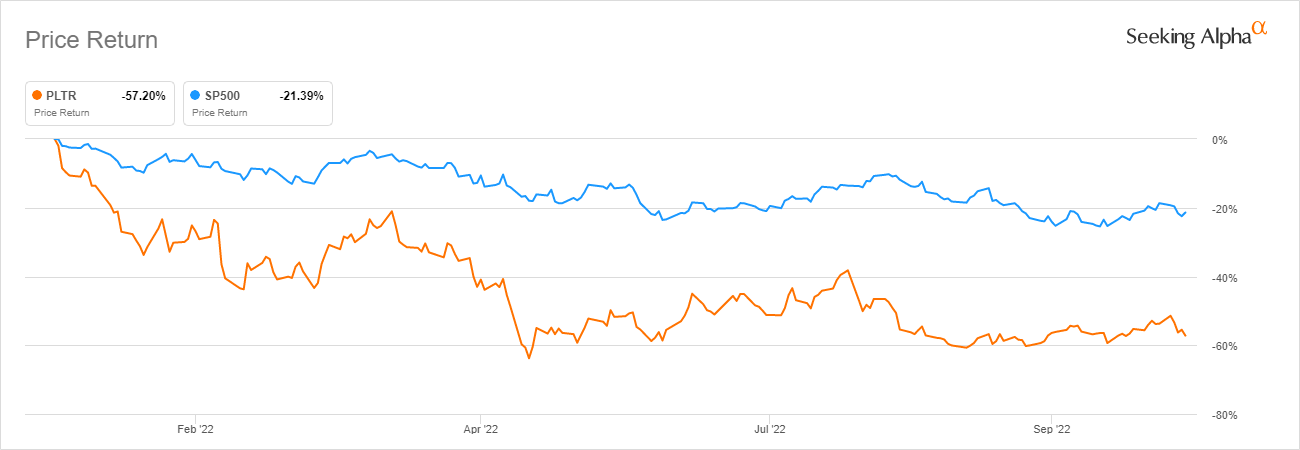Farage's Reform: Will It Succeed Where Others Have Failed?

Table of Contents
The Core Tenets of Farage's Reform
Farage's current reform initiative, while still evolving, centers on several key policy areas designed to fundamentally reshape the UK's political and economic landscape. The specific details often shift, but his core proposals generally revolve around:
-
Specific policy 1: Overhaul of the immigration system: Farage advocates for a stricter, points-based immigration system, prioritizing skilled workers and reducing overall immigration numbers. The intended impact is to control population growth and protect the domestic job market. This resonates with his previous Brexit campaigns, focusing on regaining control of national borders. Keywords: immigration reform, points-based system, controlled immigration, UK immigration policy.
-
Specific policy 2: Economic deregulation: Farage proposes significant deregulation to stimulate economic growth and reduce the burden on businesses. This includes reducing red tape, lowering taxes, and promoting free markets. The intended effect is increased business investment, job creation, and overall economic prosperity. Keywords: economic deregulation, tax cuts, free market principles, business growth, UK economy.
-
Specific policy 3: Strengthening national sovereignty: A central theme throughout Farage's career, this focuses on reclaiming powers from the EU and international bodies. This involves reassessing international treaties and prioritizing national interests in foreign policy. The intended impact is greater control over national laws and borders. Keywords: national sovereignty, UK independence, EU withdrawal, international relations, foreign policy.
Past Attempts at Similar Reforms and Their Shortcomings
Analyzing past reform attempts in the UK reveals a pattern of challenges that Farage's Reform must overcome. Many initiatives sharing similar goals have faltered, offering valuable lessons:
-
Example 1: The Major government's reforms in the 1990s: While aiming for economic modernization, these reforms faced significant opposition, particularly from labor unions, and were ultimately seen as insufficient to address deep-seated economic inequalities. Keywords: failed reforms, political obstacles, public opposition, economic inequality.
-
Example 2: Attempts at electoral reform: Numerous attempts to change the UK's electoral system have been met with political gridlock and public apathy. The complexity of the issues and lack of broad consensus have consistently hindered progress. Keywords: electoral reform, proportional representation, political gridlock, public apathy.
-
Example 3: Healthcare reforms: Numerous attempts to restructure the National Health Service have faced strong resistance due to concerns about privatization and potential impacts on public services. This highlights the difficulty of enacting unpopular reforms, even when necessary. Keywords: healthcare reform, NHS reform, public services, privatization, political resistance.
Factors That Could Contribute to Farage's Reform's Success
Despite the historical challenges, several factors could contribute to the success of Farage's Reform:
-
Strong public support: Public opinion polls show fluctuating support for Farage's stances. A significant surge in support could provide the political momentum needed for his proposals to gain traction. Keywords: public opinion polls, voter sentiment, electoral support, political momentum.
-
Political alliances: Forming robust political coalitions or alliances could provide the parliamentary support needed to overcome opposition and pass legislation. This would require compromising on specific policy details. Keywords: political coalitions, party alliances, parliamentary support, legislative success.
-
Effective communication strategy: Farage's communication skills are undeniable. A clear, concise, and persuasive communication strategy could win over public opinion and build consensus around his proposals. Keywords: public relations, media strategy, communication effectiveness, persuasive communication.
Potential Obstacles and Challenges to Farage's Reform
Despite potential strengths, significant obstacles could hinder Farage's Reform:
-
Opposition from established political parties: The Conservative and Labour parties, along with other established political forces, are likely to fiercely oppose many of Farage's proposals, leading to parliamentary gridlock and potentially delaying or even preventing the implementation of key policies. Keywords: political opposition, party politics, parliamentary gridlock, legislative challenges.
-
Economic challenges: Implementing significant economic deregulation could have unforeseen economic consequences. Managing the economic risks and ensuring a smooth transition will be crucial for the success of these proposals. Keywords: economic impact, financial constraints, budget implications, economic risks.
-
Public skepticism: A significant portion of the public remains skeptical of Farage's proposals, fueled by past controversies and concerns about the potential negative impacts of his policies. Overcoming this skepticism will require a well-structured and convincing public relations strategy. Keywords: public skepticism, lack of trust, political cynicism, public relations.
Conclusion
The potential success or failure of Farage's Reform hinges on a complex interplay of factors. While his proposals tap into significant public anxieties and offer potentially appealing solutions, they also face substantial headwinds from entrenched political opposition, economic uncertainties, and widespread public skepticism. His past successes and failures provide a crucial context for understanding the current initiative. Will Farage's Reform break the cycle of failed reform attempts in the UK? Only time will tell. However, understanding the historical context, the specifics of the plan, and the potential obstacles is crucial for informed discussion and engagement with this pivotal moment in UK politics. Continue the conversation, follow the developments surrounding Farage's Reform, stay informed, and make your voice heard on this important issue.

Featured Posts
-
 Micro Strategy Competitor A Deep Dive Into The Latest Spac Investment
May 09, 2025
Micro Strategy Competitor A Deep Dive Into The Latest Spac Investment
May 09, 2025 -
 Us Economic Trends And Their Influence On Elon Musks Fortune
May 09, 2025
Us Economic Trends And Their Influence On Elon Musks Fortune
May 09, 2025 -
 Bitcoin Seoul 2025 Shaping The Future Of Bitcoin In Asia
May 09, 2025
Bitcoin Seoul 2025 Shaping The Future Of Bitcoin In Asia
May 09, 2025 -
 Is Palantir Stock A Good Buy Before May 5th Earnings Release
May 09, 2025
Is Palantir Stock A Good Buy Before May 5th Earnings Release
May 09, 2025 -
 Market Downturn Impacts Elon Musks Net Worth Falling Below 300 Billion
May 09, 2025
Market Downturn Impacts Elon Musks Net Worth Falling Below 300 Billion
May 09, 2025
Latest Posts
-
 A Bad Snl Impression And Harry Styles Reaction The Full Story
May 09, 2025
A Bad Snl Impression And Harry Styles Reaction The Full Story
May 09, 2025 -
 Did Snls Harry Styles Impression Miss The Mark The Singer Reacts
May 09, 2025
Did Snls Harry Styles Impression Miss The Mark The Singer Reacts
May 09, 2025 -
 Snls Bad Harry Styles Impression The Singers Disappointed Response
May 09, 2025
Snls Bad Harry Styles Impression The Singers Disappointed Response
May 09, 2025 -
 Harry Styles Honest Feelings About His Snl Impression
May 09, 2025
Harry Styles Honest Feelings About His Snl Impression
May 09, 2025 -
 Harry Styles Responds To Awful Snl Impression His Reaction
May 09, 2025
Harry Styles Responds To Awful Snl Impression His Reaction
May 09, 2025
